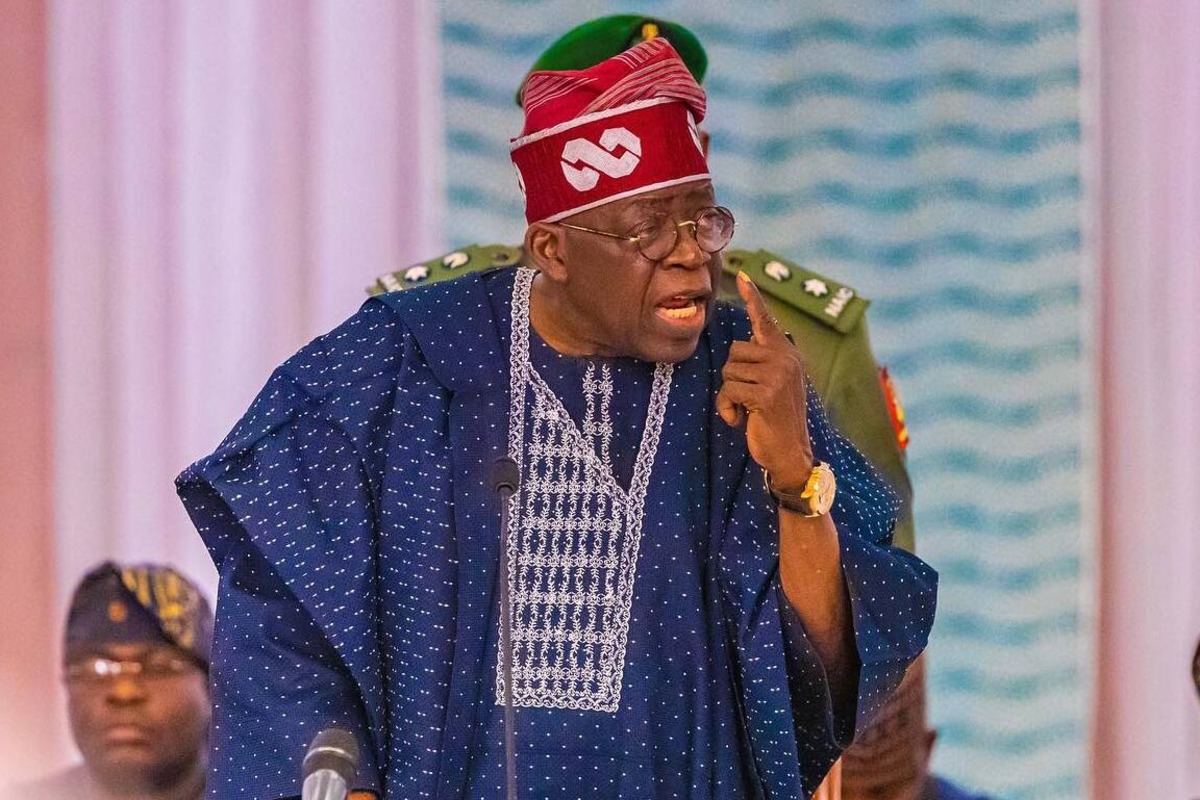…dismisses allegations of coercion, bribery, blackmail
The Presidency has dismissed claims that recent defections of prominent opposition politicians into the All Progressives Congress (APC) are part of a plot to create a one-party state, insisting that democracy in Nigeria remains “strong and alive” under President Bola Tinubu.

In a statement issued Sunday, the Special Adviser to the President on Information and Strategy, Bayo Onanuga, accused “disgruntled opposition figures” and “partisan human rights crusaders” of peddling falsehoods about Nigeria’s political direction following the defection of key Peoples Democratic Party (PDP) leaders, including Delta State Governor Sheriff Oborevwori and former PDP vice-presidential candidate Dr. Ifeanyi Okowa.
The intervention came as the PDP’s National Working Committee (NWC) prepares for a critical meeting this week to address mounting internal challenges, including a surge of defections, leadership disputes, and growing divisions over coalition talks ahead of the 2027 elections.
The party’s recent troubles have sparked alarm among its loyalists and some political observers, who fear the opposition is disintegrating in the face of APC’s strategic political gains.
“The seismic shift caused by Akwa Ibom Governor Umo Eno’s open declaration of support for President Tinubu, along with the defections in Delta and Rivers States, certainly threw the opposition into disarray,” Onanuga said.
“But contrary to their baseless claims, democracy is not under any threat in Nigeria.”
He dismissed allegations of coercion, bribery, and blackmail in securing defections, stressing that President Tinubu’s administration remains committed to democratic ideals, including freedom of association and multiparty competition.
“The opposition cannot blame President Tinubu and the governing APC for their poor organisation, indiscipline, and gross incompetence in managing their affairs,” the statement added.
“It is not part of President Tinubu’s job to organise or strengthen opposition parties.”
Within the PDP, however, the defections have exposed deeper fractures that could shape the party’s fate heading into 2027.
Governors and party leaders are sharply divided over whether to pursue a coalition with other opposition groups – a strategy championed by former Vice President Atiku Abubakar – or focus on internal rebuilding.
The NWC is expected to deliberate on recommendations for a national convention and decide on its stance regarding a coalition at an upcoming National Executive Committee (NEC) meeting.
But insiders warn that the party risks further implosion if it fails to present a united front
The leadership vacuum, highlighted by disputes over critical offices such as the National Secretary, has also fueled concerns that the PDP might lose more ground to an increasingly assertive APC.
Despite the Presidency’s assurances, some opposition figures argue that the scale and speed of recent defections are alarming and could damage Nigeria’s fledgling multiparty democracy if not checked.
They accuse the APC of using the “power of incumbency” to tilt the political playing field in its favor – charges the ruling party strongly denies.
Yet analysts note that political realignments are not unusual in Nigeria’s volatile political environment, especially as election cycles approach.
President Tinubu himself rose to power partly by building alliances across party lines to defeat a sitting government in 2015 – a fact the State House emphasised in its defense.
“Politicians changing party affiliation is not new or peculiar to Nigeria,” Onanuga said.
“President Tinubu is an avowed democrat and a firm believer in multiparty democracy,” he added.
TRIBUNE







Comment here
You must be logged in to post a comment.